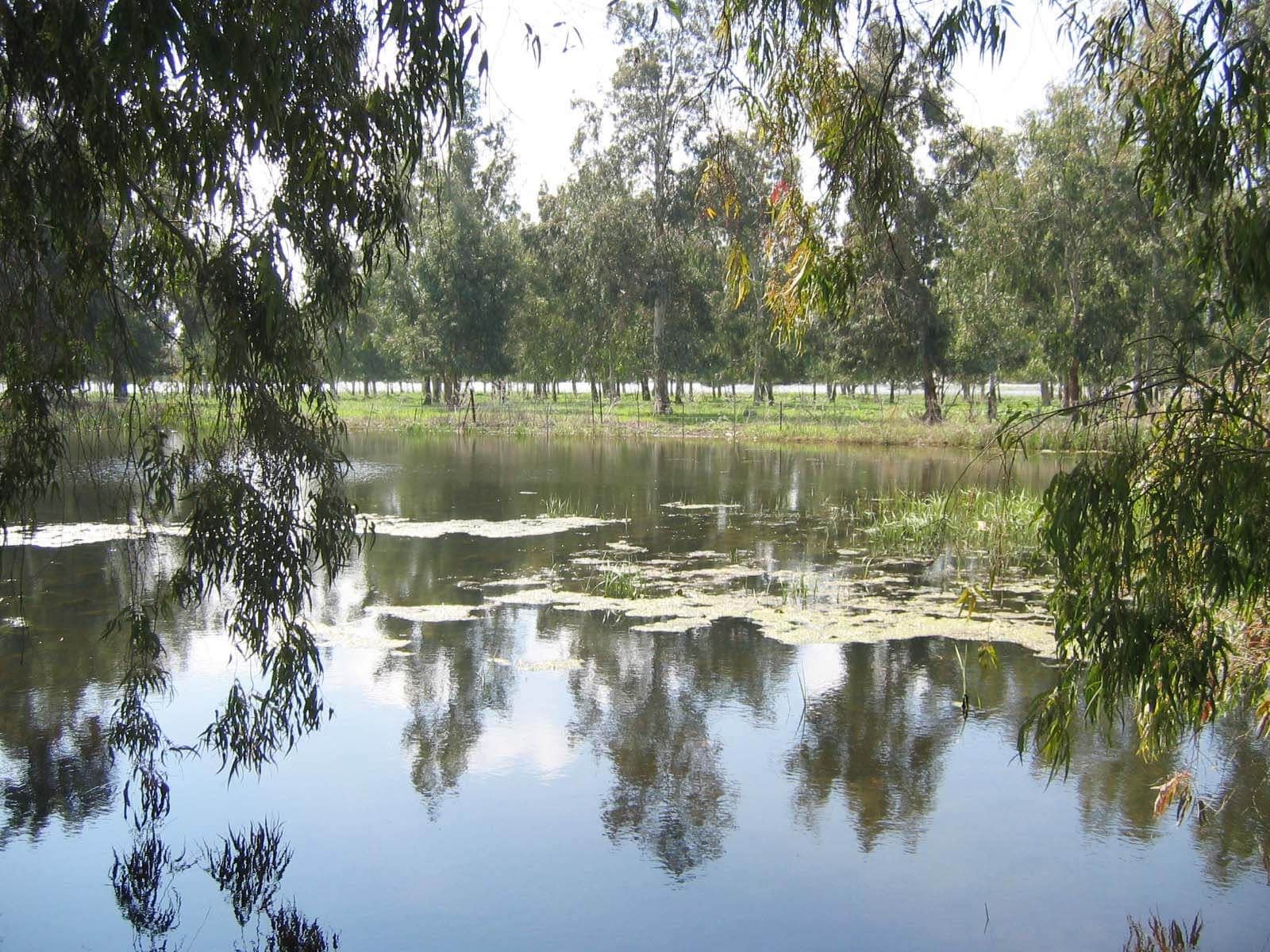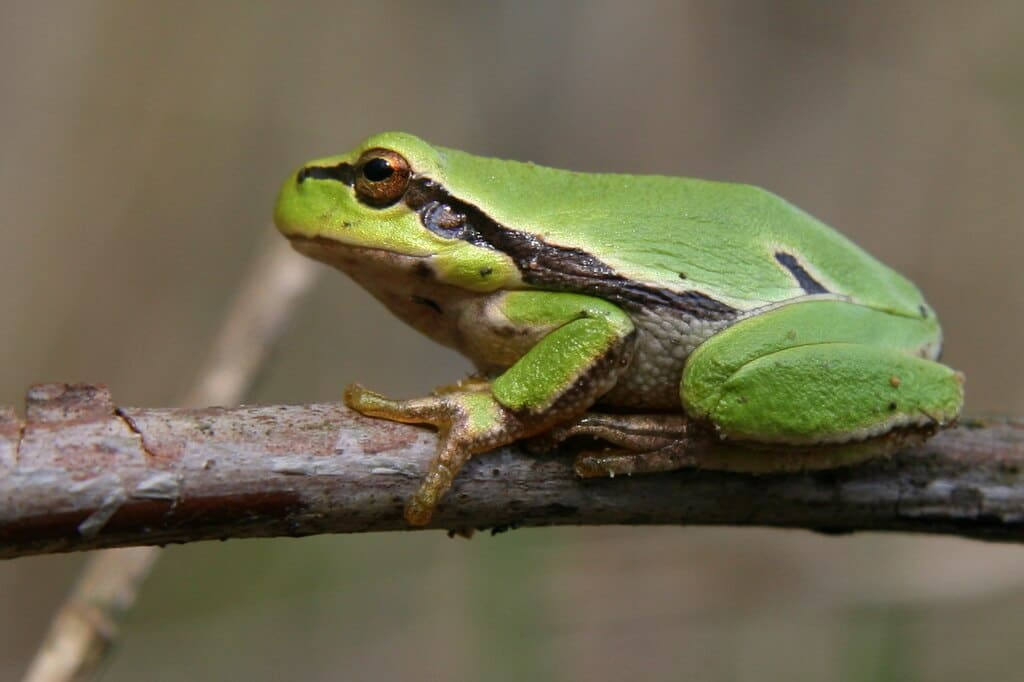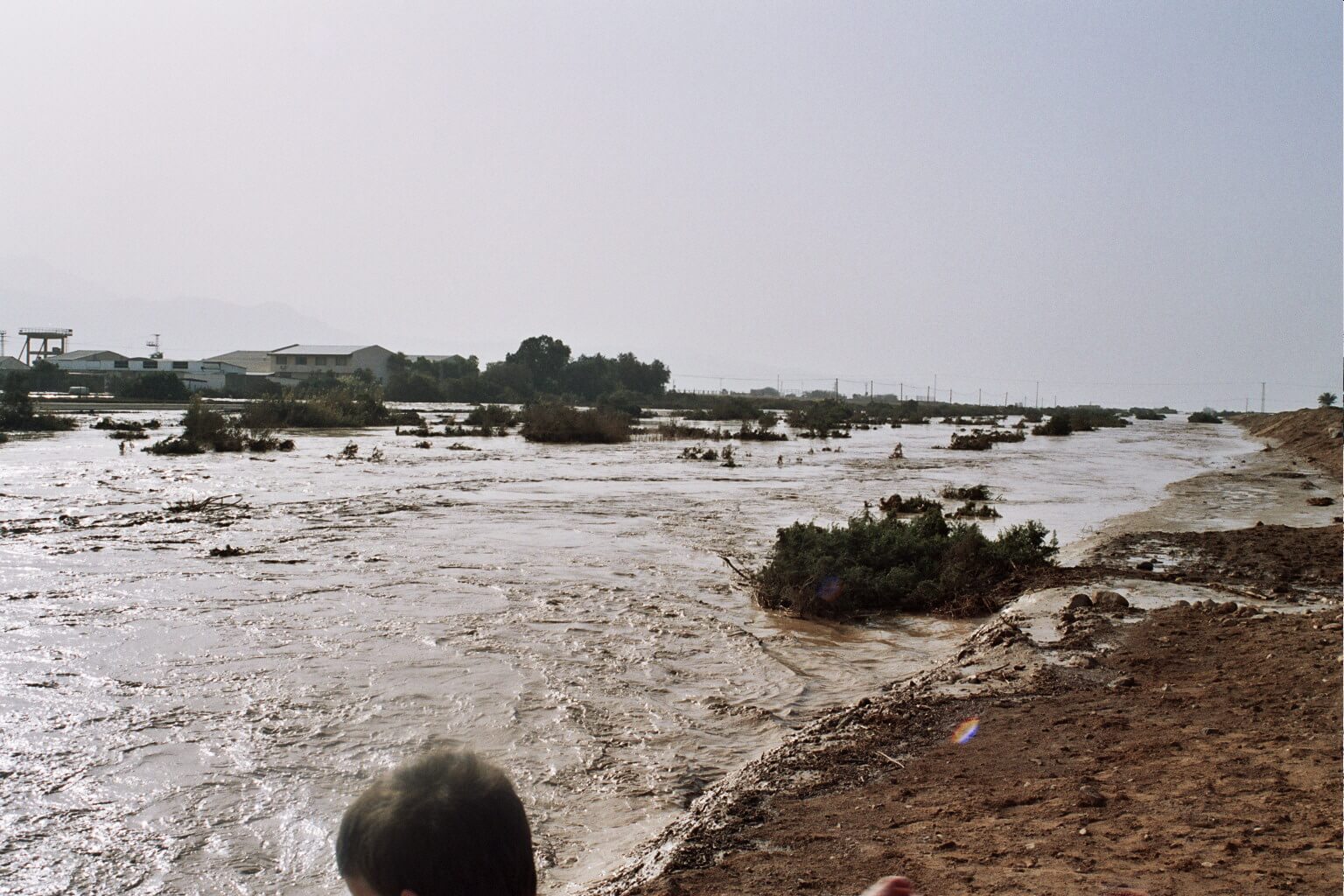While the global climate crisis poses many threats to the flora and fauna in Israel, mainly due to the increase in temperatures, there are some local habitats that are actually expected to benefit following the new reality
Rising sea levels, floods, droughts, desertification, extinction of animal species and plant species - all these (and more) are some of the phenomena we are witnessing today and which are expected to increase, according to many studies, following climate change. Many scientists already agree that these phenomena may have a negative impact on the quality of life of humans and flora and fauna. However, while many species struggle to adapt to the changes and struggle for their continued survival, it seems that there are certain species that can benefit from climate change.
Prof. Avital Gazit, water ecologist at Tel Aviv University, will present atThe annual science and environment conference 2020 A new perspective on the impact of climate change on nature in Israel. This is information collected as part of a master's thesis by Adi Atkin from the School of Environment and Earth Sciences, Tel Aviv University, which Gazit supervised with Prof. Hadas Saaroni and Dr. Baruch Ziv. The study examined how climate change can benefit ecosystems such as winter pools and the amphibian species that live in them.
"The reference to cases where climate change has positive consequences is almost non-existent," says Gazit, "and to a large extent rightly so - the damages of climate change far outweigh the benefits, but it is important to examine situations of positive effects that allow life and plants to 'enjoy' this change."

complete a lifetime
In his research, Gazit focuses on bodies of water that are affected by floods. "I deal with systems where the flood is a necessary and positive factor - such as streams, lakes and winter pools."
According to studies, following climate change, in addition to an increase in global temperature, an increase in the frequency of extreme weather events. In the Middle East in particular, a reduction in the total amount of precipitation is expected, but at the same time an increase in the intensity of extreme rain events, which lead to floods. According to Gazit, most of the public sees the flood as a negative factor that causes damage and as dangerous, but the flood also has a positive side: it is the factor that helps maintain the Mediterranean streams, and improves the condition of the lakes and winter pools.
A winter pool is a unique body of water that exists all year round, but in two contrasting instances: in the summer period the pool is dry and its activity is limited to terrestrial life and flora only, and in the winter period the pool is filled with water and is bustling with life with a variety of species of animals and plants that live in the water, among them creatures unique to this habitat only (such as Zimmergal crabs, tarisans and marshes and plants such as Damson Kochbani).
"These two contrasting phases of dryness and wetness must occur so that those who are adapted to go through both can exist in such a habitat," says Gazit. "The residents must have the ability to exist in the pool during the wet season and find a solution for the dry season. Some animals solve this challenge by laying viable eggs - particularly resistant eggs that must survive heat and dryness and only when winter returns and the rains begin to fall, the eggshell hatches and the embryo inside it comes out and begins its life in the water." In addition, there are also animal species whose behavior patterns allow them to cope with the change, such as burrowing and summer hibernation (amphibians).
There are seven species of amphibians in Israel, of which four often take advantage of winter ponds: green toad, common elk, common bullfrog and striped newt. The reproductive success of amphibians in the winter ponds depends to a large extent on the duration of the hydroperiod (a continuous period when there is water in the winter ponds). Most winter pond inhabitants must complete their life cycle as long as there is water in the pond. If the hydroperiod is too short, the creatures will end their lives without being able to reproduce and contribute young individuals to the population of the next generation.
"One of the problems with winter pools is that in many cases they do not receive enough runoff water," explains Gazit. "When winter begins, first of all the ground needs to absorb a certain amount of rainwater before water even starts flowing over the ground. In flood events, the runoff water is not enough to seep into the ground and then we have floods and the roads fill up, but, at the same time, the one who benefits from the water is the winter pool that does not have to wait until the mid-January rains to start filling up, but can be filled up at once and sometimes even to overflowing. If there are two or three such events in a season, and especially if there is an event in the middle of the season or even at the end of the season, two lives are enough to complete a lifetime of development from an egg to maturity."

systems that need flooding
According to Gazit, in winter ponds, the animals that benefit from floods are the ones that need a long period of water to complete their development. Most of the creatures that live in winter ponds have short life cycles because they are adapted in their evolution to dry years and they can go through a complete life cycle in two or three weeks (crabs, for example). But amphibians, which use winter pools to reproduce, need the presence of water for at least two months (like the toad and the elk) and even four months (the earthworm) to complete a life cycle. If the pond dries up first, it becomes an ecological trap for them, which leads to the death of the young offspring (when a winter pond is not filled with enough water - the live tadpoles still lay eggs, and when the pond dries up, either the eggs die or the tadpoles begin to develop but do not complete the incarnation). Therefore, extreme rainstorms may be a positive factor in ensuring the reproductive success of amphibians.
"Floods are viewed as a negative factor that brings damage," says Gazit, "this is because the view is from a human point of view, but nature has ecosystems that need and benefit from a flood. In years when there are unusually heavy rains, the amphibian populations simply celebrate and grow as a result of the prosperity of an ecosystem dependent on runoff."

But still, the impact of climate change is complex. Although, a positive effect is expected from the intensification of rain storms, which increase the volume of runoff flowing into the ponds and the amount of water entering directly into the pond basin, but on the other hand, a negative effect is expected as a result of the shortening of the rainy season and due to the increase in water evaporation caused by the increase in the average seasonal temperature.
"When you ask a person from the settlement, 'What does climate change mean to you?' Most people will say: unbearable heat and floods," says Gazit, "but when you ask ecologists what climate change means to them, the answer is already much more complex. If the motto is that climate change causes floods that cause damage, we will have to prevent them, remove them and deflect them. This is how we will cause damage to ecosystems that benefit from them. But there are positive aspects to climate change and they should not be ignored."
the post The animals in Israel that will benefit from climate change appeared first onangle
